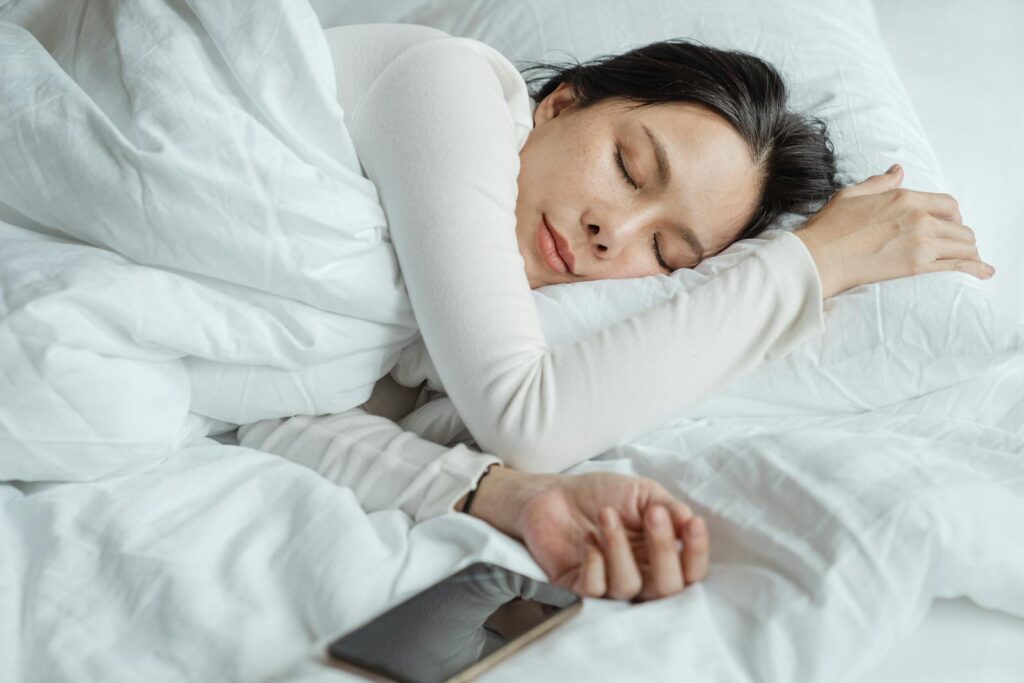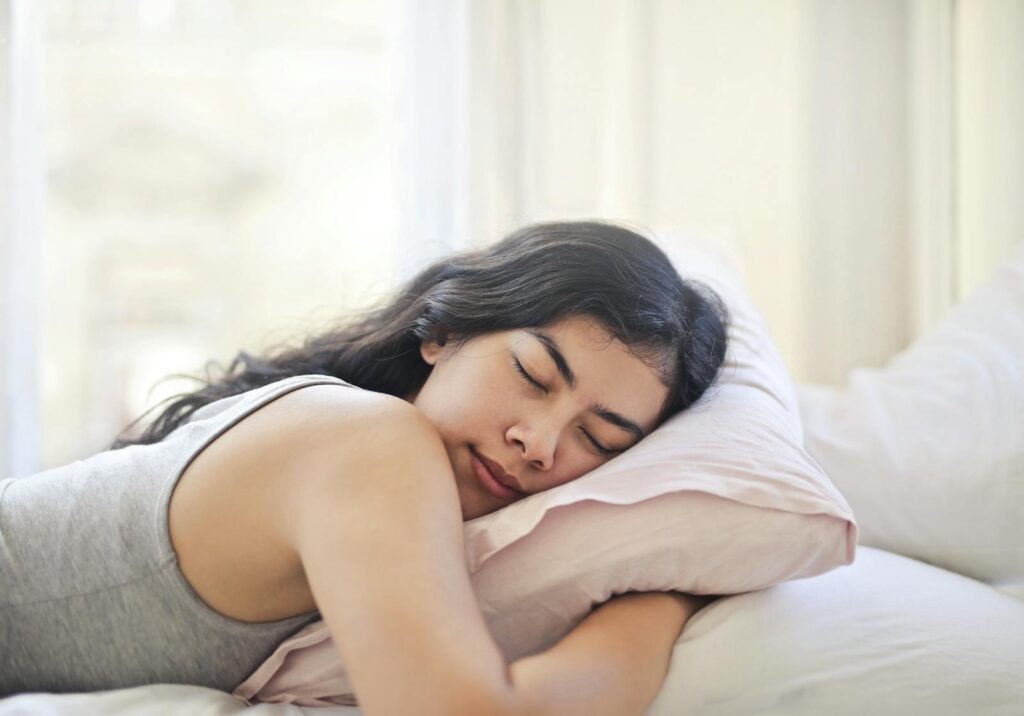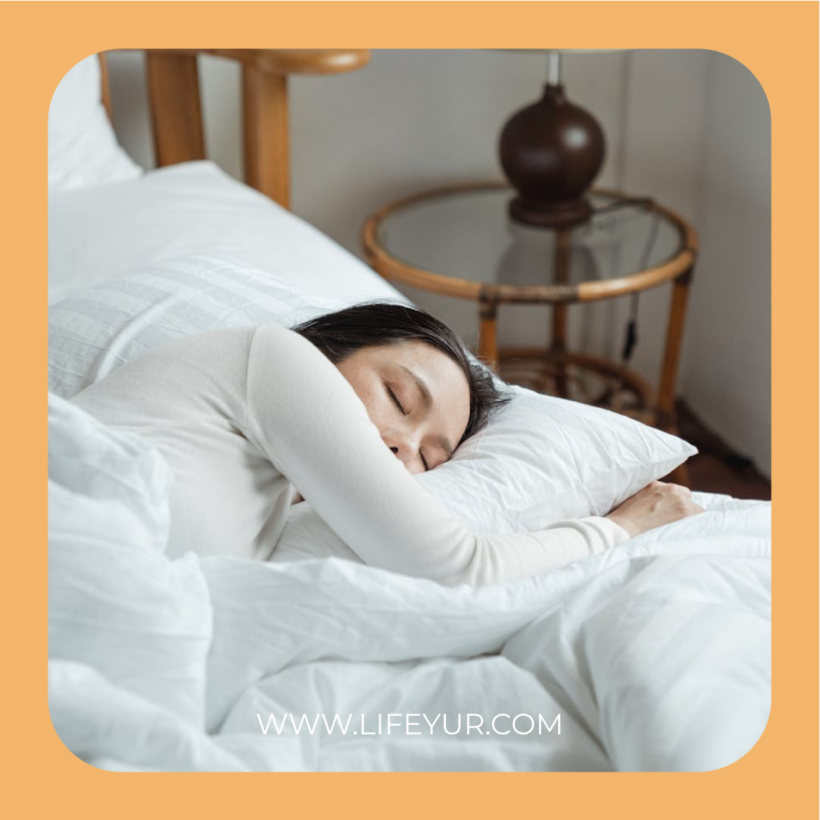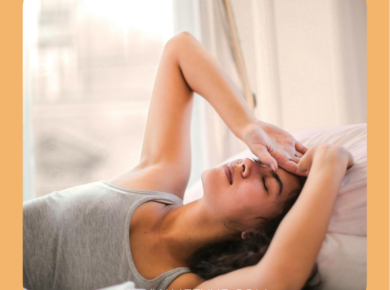Sleep is the cornerstone of mental health. It’s the time when our brain sorts memories, heals itself, and resets for the next day. Yet, for many, a good night’s sleep seems like a distant dream. In our bustling lives, stress, technology, and poor habits often interfere with our ability to drift into peaceful slumber. Recognizing the profound impact sleep has on our mental well-being, this blog post delves into “Sleep Well: 7 Secrets for Mental Health,” a guide aimed at enhancing your mental health through improved sleep.
The link between sleep and mental health is undeniable. Adequate sleep improves cognition, regulates mood, and bolsters your immune system, while sleep deprivation can lead to a host of mental health issues, including anxiety, depression, and mood swings. This blog post is designed to help you understand the vital role sleep plays in maintaining mental health and to provide practical, actionable strategies to help you achieve restful, restorative sleep.
Let’s embark on a journey to understand the secrets behind sleeping well and how it can transform our mental health, one night at a time.

Understanding Sleep and Its Impact on Mental Health
The Science Behind Sleep
Sleep is not just a period of rest, but a complex, vital process that affects every aspect of our well-being. It’s divided into several cycles, each consisting of stages ranging from light sleep to deep REM (Rapid Eye Movement) sleep. During these cycles, our brain undergoes a cleaning process, removing toxins that accumulate during the day, consolidating memories, and restoring itself for optimal performance.
Link Between Sleep Deprivation and Mental Health Issues
The effects of sleep deprivation extend far beyond mere tiredness. Chronic lack of sleep can lead to significant mental health problems, including increased anxiety, depression, and a decreased ability to cope with stress. Studies have shown that individuals who experience poor sleep quality or insufficient sleep are at a higher risk for developing mental health disorders compared to those who get a healthy amount of sleep.
One pivotal study published in the Journal of Clinical Psychiatry highlights that sleep deprivation can lead to emotional instability and impaired cognitive function, making it harder to process emotions and tackle daily tasks. This cycle of poor sleep exacerbating mental health issues, which in turn leads to worse sleep, can be difficult to break without intervention.
Understanding the deep connection between sleep and mental health is the first step towards improving both. By prioritizing sleep, we can enhance our mental resilience, emotional regulation, and overall health. Next, we’ll explore the seven secrets that can lead to improved sleep and, consequently, better mental health.

The 7 Secrets for Improving Sleep and Enhancing Mental Health
Establish a Relaxing Bedtime Routine
Creating a calming bedtime routine is crucial for signaling to your brain that it’s time to wind down. Incorporate activities that relax you, such as reading a book, taking a warm bath, or practicing gentle yoga. Avoid stimulating activities right before bed, like engaging in intense exercise or consuming stimulating media. Consistency is key; try to go to bed and wake up at the same times every day, even on weekends, to regulate your body’s internal clock.
Create a Sleep-Inducing Environment
Your bedroom should be a sanctuary designed for sleep. Keep the room cool, quiet, and dark, using blackout curtains and white noise machines if necessary. Invest in a comfortable mattress and pillows that support a good sleeping posture. Reducing clutter and keeping your sleeping area dedicated solely to sleep and intimacy can also improve sleep quality.
Mindful Eating and Drinking for Better Sleep
What you eat and drink can significantly affect your sleep. Limit caffeine and alcohol intake in the hours leading up to bedtime, as they can disrupt sleep patterns. Opt for a light snack if you’re hungry before bed, focusing on foods that promote sleep, such as those rich in magnesium and tryptophan. Timing is also important; avoid heavy meals close to bedtime to prevent discomfort and indigestion.
Exercise Regularly, Sleep Better
Regular physical activity can help you fall asleep faster and enjoy deeper sleep. Exercise releases endorphins, which can improve mood and decrease stress, making it easier to relax at night. However, timing is crucial; engaging in vigorous exercise too close to bedtime can energize some people, making it harder to fall asleep. Aim to complete intense workouts at least three hours before bedtime.

Limit Screen Time Before Bed
The blue light emitted by screens can interfere with your body’s ability to produce melatonin, a hormone that regulates sleep. To avoid this, limit exposure to phones, tablets, and computers at least an hour before bed. Consider using blue light filters on your devices or reading a traditional book instead of using an e-reader.
Stress Management and Relaxation Techniques
Stress is a common cause of sleep disturbances. Incorporating stress management and relaxation techniques into your routine can improve sleep quality. Techniques such as meditation, deep breathing exercises, and progressive muscle relaxation can help calm your mind and prepare your body for sleep. Establishing a regular practice can make a significant difference in your ability to manage stress and sleep well.
Seek Professional Help When Necessary
Sometimes, sleep issues are a symptom of underlying health conditions, including mental health disorders. If you’ve tried improving your sleep habits and still struggle with sleeplessness or daytime fatigue, it may be time to seek help from a healthcare professional. They can assess your situation, offer tailored advice, or recommend treatments, including therapy or medication, to address any underlying issues.
Implementing these seven secrets into your life can dramatically improve your sleep quality and, in turn, your mental health. Remember, changes might not happen overnight, but consistency and dedication will lead to significant improvements over time.

Additional Tips for Sleep Hygiene
Beyond the seven secrets, there are additional practices that can further enhance your sleep quality and, as a result, your mental health.
- Importance of Sunlight Exposure: Your body’s circadian rhythm, or natural sleep-wake cycle, is influenced by exposure to natural light. Aim to get sunlight exposure, especially in the morning, to help regulate your sleep patterns. This can improve daytime energy levels and contribute to more restful sleep at night.
- The Role of Napping: While naps can be a quick way to recharge, they can also interfere with nighttime sleep if not managed properly. Limit naps to early in the afternoon, and keep them short—about 20 to 30 minutes—to avoid affecting your ability to fall asleep at night.
- Managing Work-Life Balance: Stress from work or daily responsibilities can significantly impact your sleep. Striving for a healthy work-life balance by setting boundaries, prioritizing tasks, and dedicating time to relax and unwind can reduce stress and improve sleep quality.
Incorporating these additional tips into your routine can complement the seven secrets for better sleep and mental health, providing a comprehensive approach to improving your overall well-being.

Common Sleep Disorders Affecting Mental Health
Insomnia and Its Effects on Mental Health
Insomnia, characterized by difficulty falling or staying asleep, can have a profound impact on mental health. Symptoms include fatigue, difficulty concentrating, mood disturbances, and decreased performance in work or at school. Managing insomnia often requires a combination of lifestyle changes, behavioral therapy, and, in some cases, medication.
Sleep Apnea and Mental Health
Sleep apnea is a serious sleep disorder where breathing repeatedly stops and starts during sleep. It can lead to daytime fatigue, irritability, and increased risk of mental health issues, including depression. Treatment options include lifestyle changes, continuous positive airway pressure (CPAP) therapy, and oral appliances designed to keep the airway open during sleep.
Restless Leg Syndrome (RLS) and Its Impact
RLS is a disorder characterized by an uncontrollable urge to move the legs, usually due to uncomfortable sensations. It can disrupt sleep and lead to daytime drowsiness, affecting mental health. Managing RLS often involves lifestyle modifications, addressing underlying conditions, and sometimes medication.
Incorporating Sleep Well: 7 Secrets for Mental Health into Your Life
Adopting the “Sleep Well: 7 Secrets for Mental Health” approach may seem daunting at first, but by incorporating these strategies into your daily routine gradually, you can significantly improve your sleep quality and mental health. Start with one or two changes that seem most achievable, and build from there. Remember, the goal is to make sustainable changes that fit into your life.
Sleep is a foundational pillar of mental health. By understanding the intricate relationship between sleep and mental well-being and applying the seven secrets along with additional sleep hygiene tips, you can significantly improve both your sleep and mental health. It’s a journey worth taking for the sake of your overall well-being.
We encourage you to start tonight. Make small adjustments, seek support if needed, and remember that every step towards better sleep is a step towards better mental health.
Have you tried any of these strategies for better sleep? Do you have other tips that have worked for you? Share your experiences in the comments below. Together, we can build a community of support for better sleep and mental health.
For more resources on sleep hygiene and mental health support, visit National Sleep Foundation and Mental Health America.
Sleep well and take care of your mental health—it’s one of the best investments you can make in yourself.







2 comments